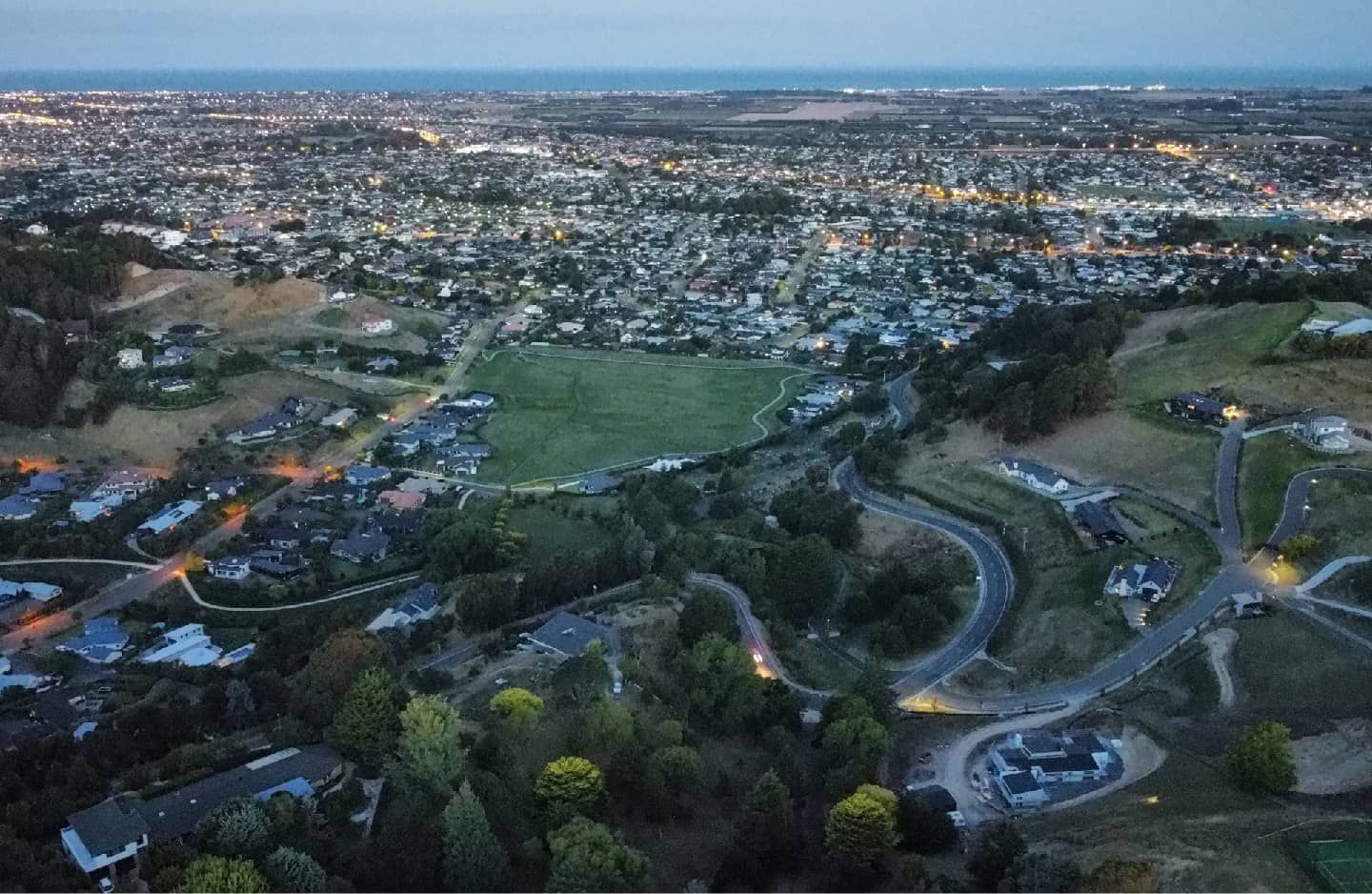Why do I need to take action on getting a will?
People are often uncomfortable or even fearful about making a will.
People are often uncomfortable or even fearful about making a will because they have to confront the fact that they will die one day. It can also seem so far off that it doesn’t matter right now. This means people often procrastinate or avoid doing it altogether, creating a messier problem down the line. At Legal Matters in Napier we want to offer you the benefits of our experience, to help you and your family at key times in life.
Taking action and getting a will is important for several reasons:
- Control Over Your Assets:
A will allows you to decide who will take control of your estate after you die, and how your assets will be distributed after your death (perhaps to family, friends or charities). Without one, the Administration Act 1969 will determine the distribution, which may not reflect your wishes (we cover this below). - Simplifies the Process:
A will can streamline the probate process, making it easier for your heirs to manage your estate. Without it, the process can become complicated and lengthy. - Reduces Family Disputes:
A clear will can help prevent disputes among family members about how your assets should be divided. In our profession we know that even the most amicable of families can end up with different understandings at these times. - Guardianship:
If you have children under 18, a will lets you name a guardian for them, ensuring they are cared for by someone you trust.

What happens if I don’t have a will?
In New Zealand, if you die without a will, a close family member or other person suitably connected to you must go through the lengthy process of applying for letters of administration on intestacy (instead of probate) to be authorised to deal with your property and manage your estate.
It also means your estate will be distributed according to the rules set out in the Administration Act 1969, which might not match your wishes.
Here’s a general overview of what that distribution would be:
- Spouse or Partner:
If you have a spouse or partner, they will receive the first part (prescribed amount) of your estate (currently up to $155,000, plus personal chattels) and a share of the remaining estate. If you have no children, or parents your spouse or partner receives your entire estate. - Children:
If you have children, they will inherit two-thirds of the remaining estate after the spouse or partner's prescribed amount. Your spouse or partner receives the other third on top of the prescribed amount for a spouse or partner. If there’s no spouse or partner, the children will receive an equal share of the entire estate. - Parents:
If you have a spouse or partner and no children, and one or both or your parents are alive they will be entitled to a third of the remaining estate after the spouse or partner's prescribed amount. - No Immediate Family:
If you have no spouse or children, the estate will be distributed to your parents, siblings, or other relatives according to the hierarchy set by section 77 of the Administration Act 1969. - No Relatives:
If no relatives can be found, your estate will go to the Crown.
Dying intestate (without a will) can complicate the process, potentially leading to delays and increased legal costs and disputes among surviving family members. It’s generally advisable to have a will to ensure your wishes are clearly stated.

Let’s tick your will off the to-do list
At Legal Matters we can help you get your estate in order by guiding you to make an up-to-date will that reflects your unique life. We can also help you with other asset planning structures such as a trust.
Book an appointment at our Napier office or we can meet you online and get things sorted.
Choosing the right lawyer is so important, because the quality of legal advice can have a big impact on your life. That’s why we take our role as your lawyer so seriously. Learn more About Us here.


"Thank you for the help you have contributed to making this process as painless as possible and we are forever appreciative of that."
Jade Chaffey
"We have always experienced very good advice and service and have appreciated it immensely, so always happy to recommend to others."
Robyn Broughton
"Thank you so much for your assistance. When we decide to purchase in NZ, we will continue to use your company. You all have been amazing, knowledgeable, extremely quick and effective, and very patient."
The Lloyd Family
"Huge thank you to Tara and the Legal Matters team who have been invaluable to my family's legal and property needs in Napier. Professional knowledge, timely, friendly and sympathetic to our situation. You'll be in good at hands at Legal Matters."
David Jaffe
If you need legal expertise for your peace of mind, don’t hesitate to give us a call.
Phone:
T:
06 835 1082
M:
027 358 1307
Email: office@legalmatters.nz
Address: 50 Dalton St, Napier, 4110

